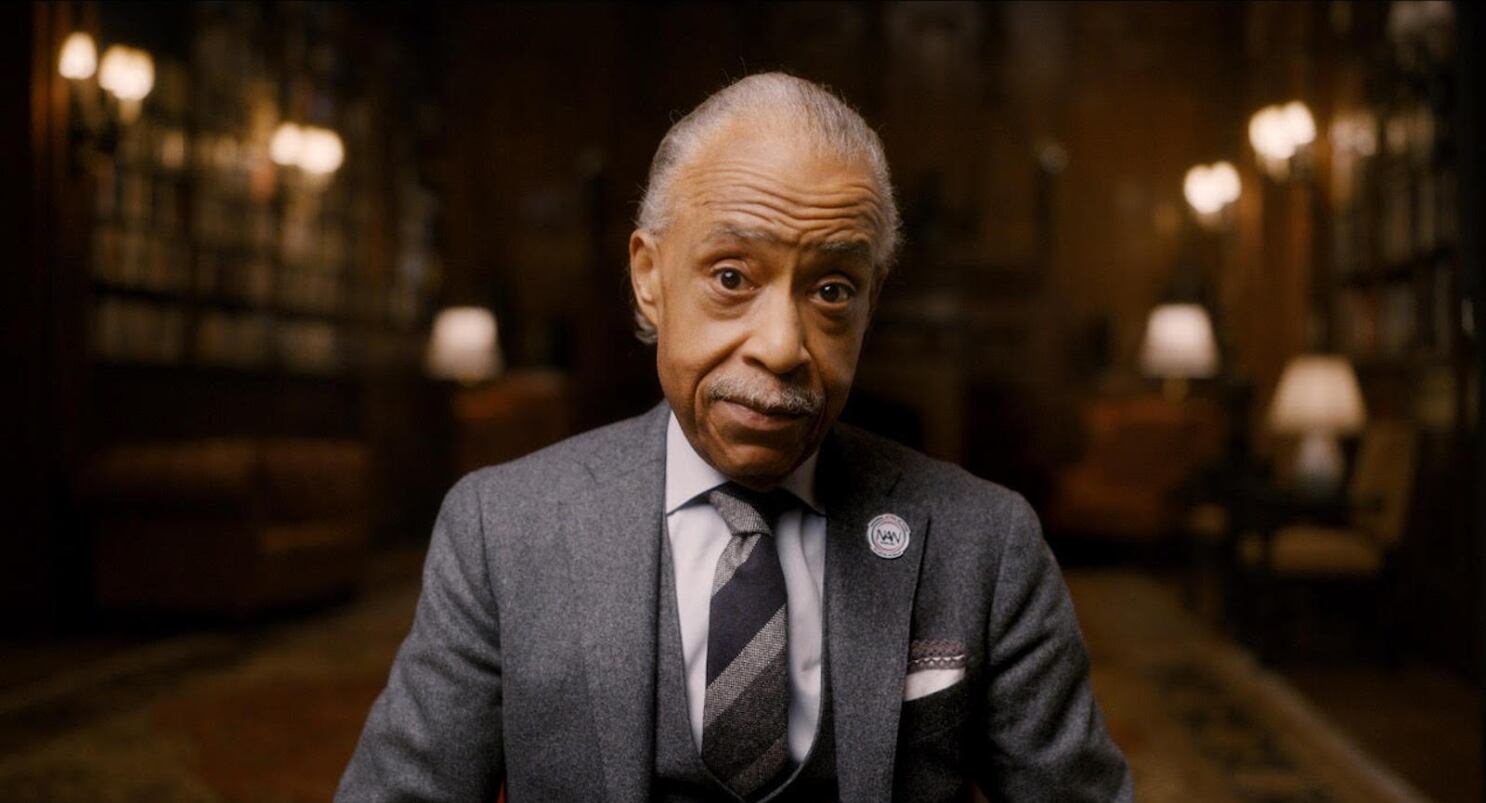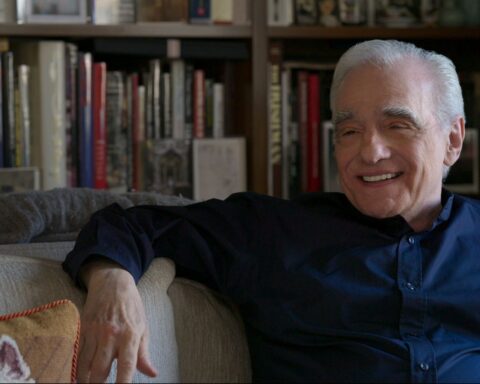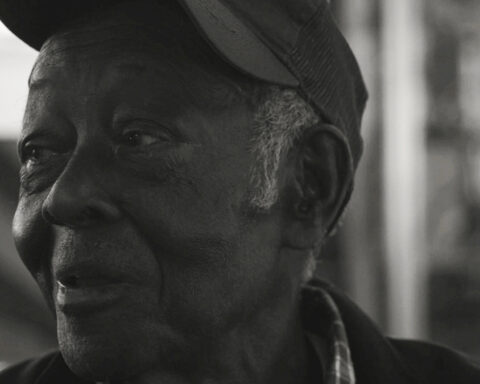Loudmouth
(USA, 123 min.)
Dir. Josh Alexander
Reverend Al Sharpton is a loudmouth. That statement means no disrespect to the minister and civil right activist. Rather, it’s an observation of fact and necessity.
Josh Alexander’s appropriately titled documentary Loudmouth charts Sharpton’s journey as a voice for the people. The film scores a bittersweet coup by being alongside Sharpton during the tumultuous events of 2020. Moreover, Sharpton’s activism in the wake of George Floyd’s senseless murder directly reflects the USA’s inability to learn from its past. Events repeat themselves throughout Loudmouth as crimes from the 1970s, ’80s, and ’90s echo tragedies of today.
The film features a direct address interview with Sharpton as its backbone. The good reverend knows how to speak to a camera and he commands attention and authority. The interviews feature choice quotes, like when he displays his knack for flipping the argument and recalls asking a white man who thought O.J. Simpson was guilty why a Black caucus couldn’t dispute the verdict of a white man who was acquitted for assaulting a Black woman.
Loudmouth smartly uses an extensive archival catalogue to deepen Sharpton’s commentary. As he speaks about hard fought civil rights campaigns, images illustrate the negative media spin that frequently limits Black representation to violent news stories.
However, Alexander quickly and abruptly inserts contemporary material. For example, a significant chapter sees Sharpton’s interview reflect upon the violent 1986 murder of Michael Griffith, who was killed when a car in which he was travelling with friends broke down in a “white” neighbourhood. The archival footage offers images of the campaign in which Sharpton and others drew attention to violence against Black lives. The frame then cuts to black and offers the disturbing audio clips reporting Floyd’s murder. Without a prompt, Loudmouth chillingly blurs past and present.
Getting Loud and Louder
Loudmouth charts dual narratives as it brings Sharpton’s story to where it is today. On one hand, Alexander examines the reverend’s outspokenness. An earlier montage of media clips illustrate the questions with which Sharpton has had to contend throughout his career. Queries about verboseness and Blackness carry racist tones. Peers in the media imply that Sharpton and company should just duck their heads and refrain from making much noise. Similarly, clips highlight Sharpton’s appearances on trash TV of the ’80s and ’90s that sensationally confronted race. Sharpton shares how these shows gave racist white folks platforms to vent their fragility. However, faced with so many loudmouths, they offered a platform to reply, loudly and assertively, when few outlets afforded space to issues of race.
The film charts an awakening of sorts as Sharpton learns the gift of speaking loudly. He recalls a reprimand from Coretta Scott King that offered a wake-up call to the power of words. Alexander weaves Sharpton’s reflections with inserts in which his speeches become more politicized. Call-outs become calls for action. He embraces his role as figure whose knack for public speaking draws attention to urgent issues. Controversy works.
Cycles of Violence
The other thread of Loudmouth smartly situates Sharpton’s role as an American leader within the Black Lives Matter movement. The parallels between the murder of Griffith and Floyd, as well as other Black Americans like Breonna Taylor and Phillip Pannell, are clear. But the film also goes back to the marches of the civil rights movement in the 1960s as Sharpton, in archives, makes the case that New York is just the Alabama of 1980. Sharpton captures the problem in an archival interview when asked if New York’s in for a hot summer. He replies that the question assumes that an oven is only hot when the food nears the flames. Rather, he sees the city and the country as a sweatbox that’s been roasting to a broil. Loudmouth unpacks the pervasive system violence in America that somehow creeps further out of the shadows as years go by while the root of the problems go largely unaddressed.
As the film ultimately transcends biographical doc convention, Loudmouth uses Sharpton’s presence of offer one of the fuller assessments of the racial reckoning of 2020. In some ways covering similarly terrain as Who We Are, but with slicker framing, it respectfully honours the subject at its core by putting the issue before the man with the megaphone. Before iPhones and Twitter, though, Sharpton’s speeches and media hits were among rare articulations of a deeply rooted problem. Loudmouth doesn’t pretend that the problem is solved. Rather, it makes clear that the oven is at hot as ever.














